When it comes to securing financial stability and protecting loved ones, life insurance is a vital consideration. Among the various options available, indexed universal life insurance (IUL) has gained popularity in recent years. In this blog post, we will define indexed universal life insurance and explore how it compares to other life insurance plans.
Indexed universal life insurance is a type of permanent life insurance that combines a death benefit with the potential for cash value growth tied to a stock market index, such as the S&P 500. It offers policyholders the opportunity to participate in market gains while providing a guaranteed minimum interest rate to protect against market downturns. The premiums paid into an IUL policy are allocated between the cost of insurance, administrative fees, and the cash value account.
- Cash Value Growth: One of the main differentiators of IUL is the cash value component tied to market performance. Unlike traditional whole life insurance, which typically provides a fixed interest rate, IUL offers the potential for higher returns based on the performance of the chosen index. However, it’s important to note that IUL policies often include a cap or participation rate, limiting the extent of potential gains.
- Flexibility: Indexed universal life insurance provides greater flexibility compared to other permanent life insurance options. Policyholders have the ability to adjust premium payments, death benefits, and even the allocation of funds between the cash value and the death benefit. This flexibility allows individuals to adapt their coverage to changing financial needs or goals.
- Risk and Rewards: IUL policies carry a certain level of risk as they are tied to market performance. While they offer the potential for higher returns, they also come with the possibility of limited or no growth during market downturns. In contrast, traditional whole life insurance offers a guaranteed minimum interest rate, ensuring a consistent cash value growth over time.
- Affordability: Indexed universal life insurance policies generally have higher premiums compared to term life insurance. However, they are often more affordable than traditional whole life insurance policies. The cost of an IUL policy can vary based on factors such as age, health, and the chosen death benefit amount.
Indexed universal life insurance combines the benefits of permanent life insurance with the potential for cash value growth tied to market performance. By understanding its defining features and comparing it to other life insurance plans, individuals can make informed decisions and select the policy that aligns with their financial goals and risk tolerance.
Have more questions? The following resource may help https://www.investopedia.com/articles/personal-finance/
Contact us today to discover how we can help Click here
